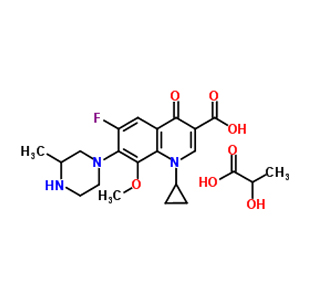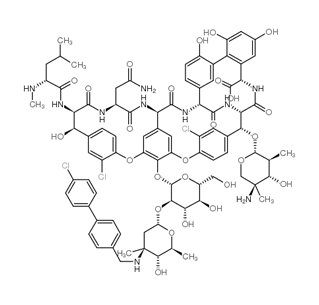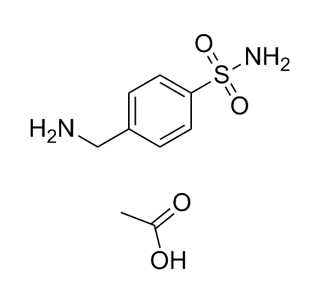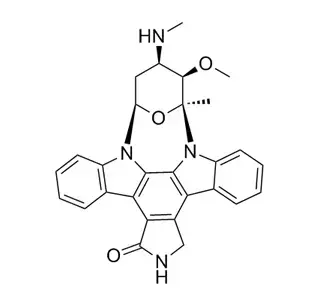
Search

Search

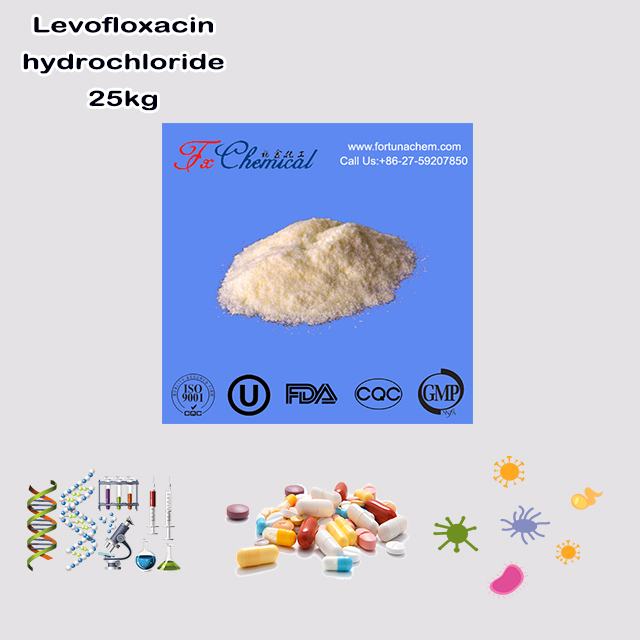
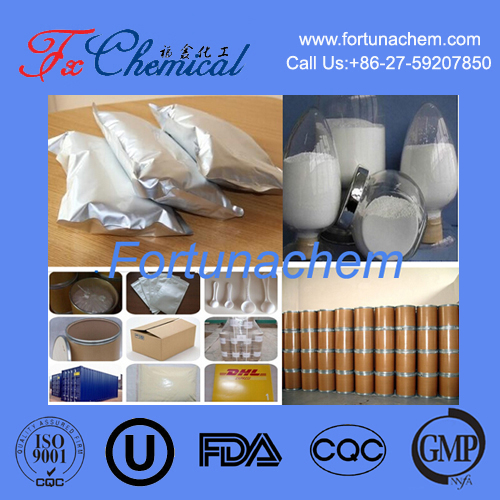
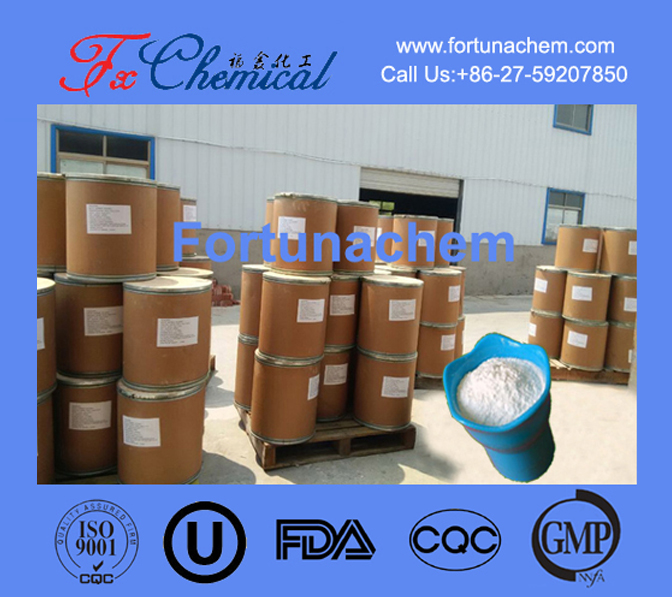
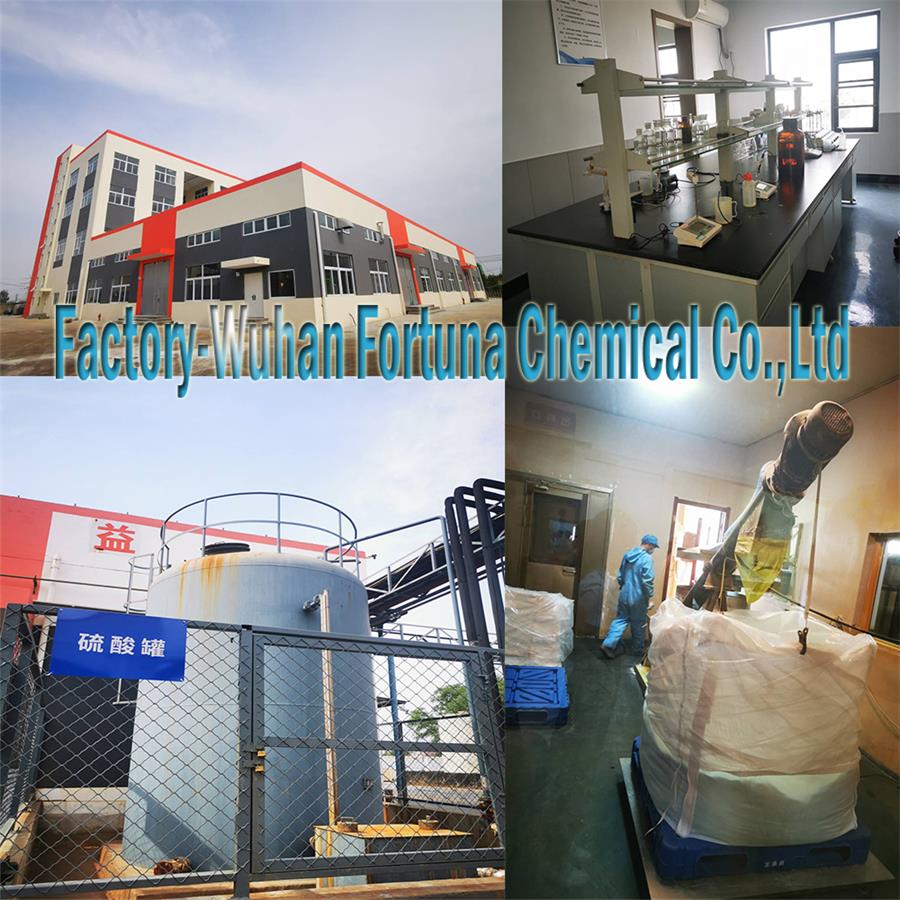
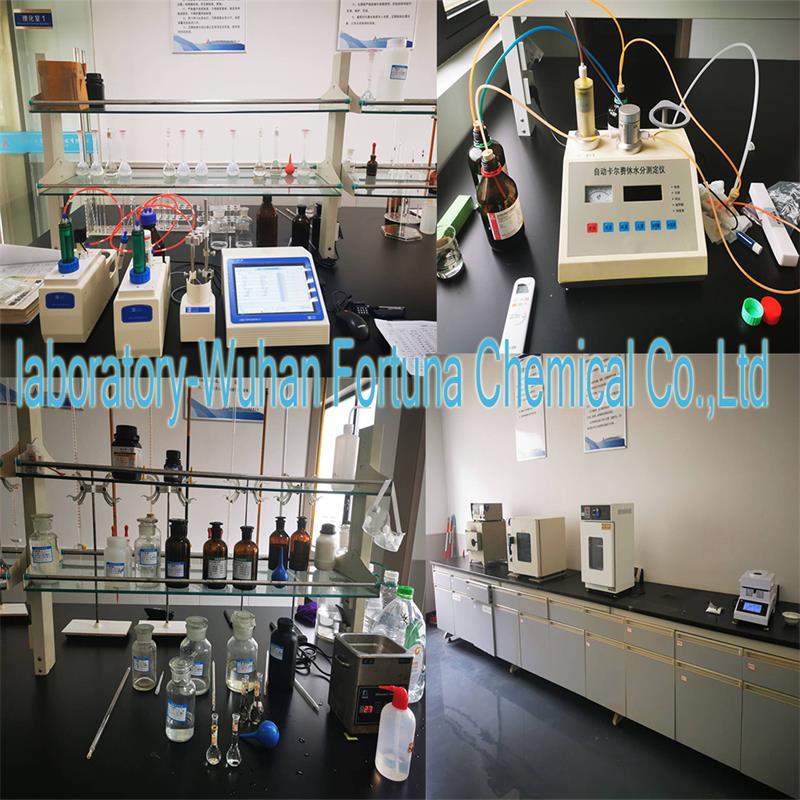





The antibacterial mechanism of levofloxacin hydrochloride is mainly to inhibit bacterial DNA cyclotronase and topoisomerase IV, inhibit the synthesis and replication of bacterial DNA and achieve the purpose of sterilization, which has the advantages of strong antibacterial effect, wide antibacterial spectrum, good oral absorption, long action time, wide distribution in vivo, high tissue concentration, no cross-resistance with other antibacterial drugs and few and mild adverse reactions. Levofloxacin hydrochloride is mainly used for the treatment of upper and lower respiratory tract infections, intestinal infections, genitourinary tract infections and skin and soft tissue infections caused by sensitive bacteria, and can also be combined with other antibacterial drugs to eradicate Helicobacter pylori.
Levofloxacin hydrochloride is an artificially synthesized antibacterial drug, which has the characteristics of a wide antibacterial spectrum and strong antibacterial effect.
| Items | Specifications | Results |
| Appearance | Off-white or light yellow needle crystalline powder | Light yellow needle crystalline |
| Specific rotation | -47°~-52° | -50° |
| Opticalisomer | ≤1.0% | 0.32% |
| pH value | 3.5~5.0 | 3.9 |
| Related substances | ≤0.50% | 0.07% |
| Loss on drying | ≤5.0% | 2.7% |
| Residue on ignition | ≤0.2% | 0.03% |
| Heavy metals | ≤20ppm | <20ppm |
| Assay | ≥89.5% | 90.4% |
| Product parameters | |
| Cas number: | 177325-13-2 |
| Appearance: | Off-white or light yellow needle crystalline powder |
| Purity: | 89.5%min |
| Package details: | 25kg/drum |
| Brand: | Fortunachem |
Levofloxacin Hydrochloride is the hydrochloride salt form of Levofloxacin, which is a broad-spectrum, synthetic antibiotic belonging to the fluoroquinolone class. It is the active, pure left-handed (L-) isomer of its parent compound, ofloxacin, and is significantly more potent. It is used to treat a wide variety of bacterial infections.
IUPAC Name: (2S)-7-fluoro-2-methyl-6-(4-methylpiperazin-1-yl)-10-oxo-4-oxa-1-azatricyclo[7.3.2.0⁵,¹⁶]hexadeca-5(16),6,8,11,13,15-hexaene-11-carboxylic acid; hydrochloride
Molecular Formula: C<sub>18</sub>H<sub>20</sub>FN<sub>3</sub>O<sub>4</sub> · HCl
CAS Number: 138199-71-0
Levofloxacin's structure is complex and defines its class and function:
Fluoroquinolone Core: It is based on a bicyclic core structure, which is a combination of a quinolone (a fused pyridine-pyrimidine ring) and a piperazine ring.
Key Functional Groups:
Fluorine Atom at C-6: This is the "fluoro-" in fluoroquinolone. It dramatically enhances the drug's ability to penetrate bacterial cells and increases its potency against a key bacterial enzyme.
Carboxylic Acid Group (-COOH): This group is essential for binding to the bacterial enzyme targets (DNA gyrase and topoisomerase IV). In the hydrochloride salt form, this exists as a carboxylate (-COO⁻).
Methylpiperazine Ring at C-7: This ring structure is crucial for broadening the spectrum of activity, particularly against Gram-positive bacteria, and improving pharmacokinetics.
Chirality (The "Levo-" Part):
Levofloxacin has a chiral center at the C-3 position of the oxazine ring.
It is the pure, active L-isomer (or S-isomer) of ofloxacin, which was a 50/50 mixture (racemate) of the L- and D-isomers.
The "Levo-" prefix means "left," referring to its levorotatory property (it rotates plane-polarized light to the left).
This specific 3D configuration is critical for its superior antibacterial activity compared to the D-isomer or the racemic mixture.
The "Hydrochloride" Part:
This indicates that the basic nitrogen atom in the piperazine ring has been protonated and forms a salt with a chloride ion (Cl⁻).
Purpose: Converting Levofloxacin into its hydrochloride salt significantly improves its water solubility, which is vital for formulating oral tablets and, especially, intravenous (IV) solutions.
Appearance: A light-yellowish-white to yellow-white crystalline powder.
Solubility: Freely soluble in water and glacial acetic acid. Sparingly soluble in methanol. The high water solubility is a direct result of the salt formation.
pKa: It is amphoteric, meaning it has both acidic (carboxylic acid, pKa ~5.7) and basic (piperazinyl nitrogen, pKa ~8.3) groups.
Levofloxacin is a bactericidal antibiotic, meaning it kills bacteria directly. Its primary mechanism involves inhibiting two essential bacterial enzymes:
DNA Gyrase: A topoisomerase II enzyme critical for introducing negative supercoils into DNA, which is necessary for DNA replication and transcription in Gram-negative bacteria.
Topoisomerase IV: An enzyme that separates interlinked (catenated) daughter DNA chromosomes after DNA replication in Gram-positive bacteria.
Net Effect: By binding to and inhibiting these enzymes, Levofloxacin causes double-strand breaks in the bacterial DNA. The cell's attempts to repair this damage lead to fatal errors, rapid bacterial cell death, and destruction.
Levofloxacin is a broad-spectrum antibiotic used to treat a wide range of bacterial infections, including:
Respiratory Tract Infections: Community-acquired pneumonia, acute bacterial sinusitis, acute bacterial exacerbation of chronic bronchitis.
Skin and Skin Structure Infections
Urinary Tract Infections (UTIs): Including complicated and uncomplicated infections.
Prostatitis (bacterial)
Anthrax (Inhalational): As a post-exposure prophylaxis.
Due to its potent mechanism of action, Levofloxacin (and all fluoroquinolones) carries serious safety warnings ("Black Box Warnings" in the US):
Tendonitis and Tendon Rupture: Risk is higher in older adults and those using corticosteroids.
Peripheral Neuropathy: Nerve damage that can cause pain, burning, tingling, or weakness.
Central Nervous System Effects: Including seizures, dizziness, and confusion.
Exacerbation of Myasthenia Gravis: Can cause severe muscle weakness and respiratory failure.
Other Risks: Aortic aneurysm, QT prolongation, and blood sugar disturbances.
Because of these risks, its use is typically reserved for infections that do not have safer alternative treatment options.
In conclusion, Levofloxacin Hydrochloride is the water-soluble salt form of a potent, chiral, synthetic antibiotic. Its specific chemical structure allows it to inhibit critical bacterial enzymes, leading to cell death. While highly effective against a broad range of bacteria, its use is tempered by the potential for serious, disabling side effects.
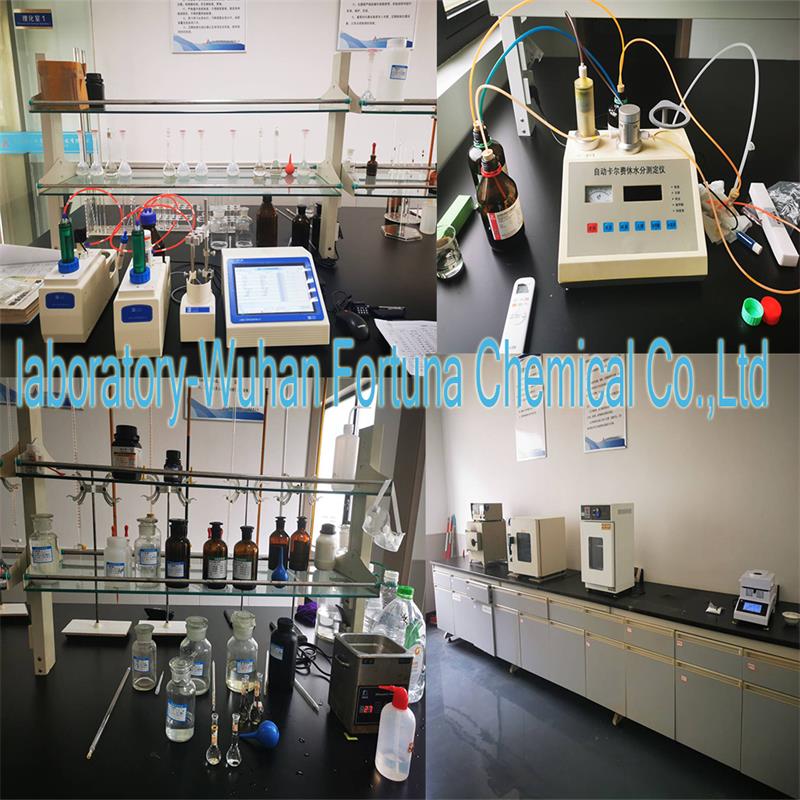
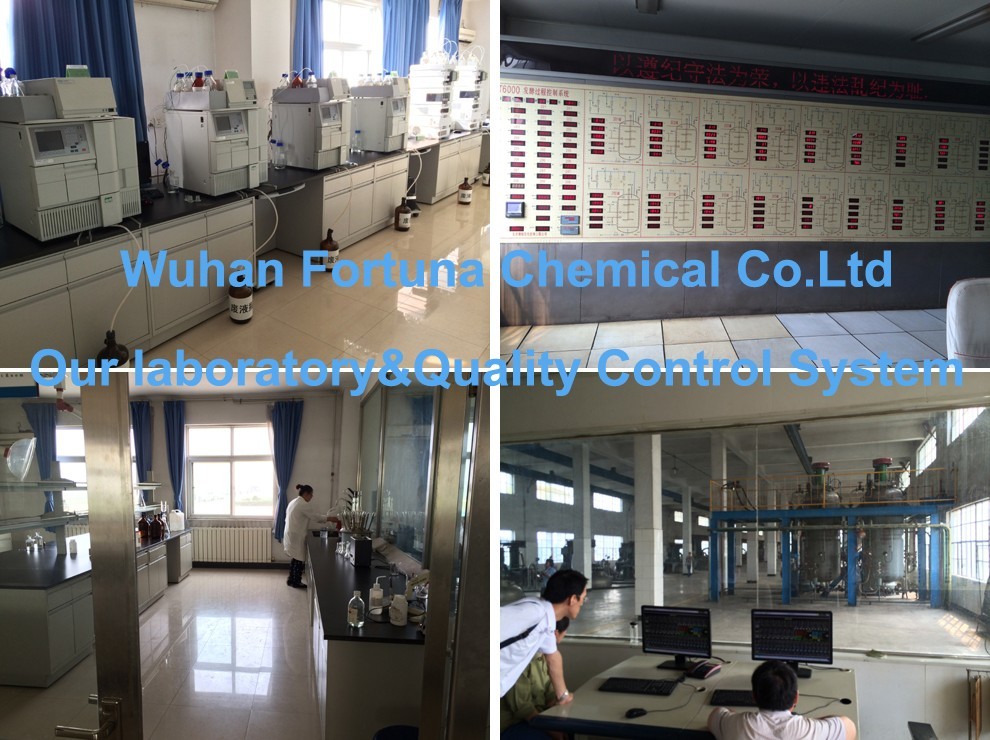
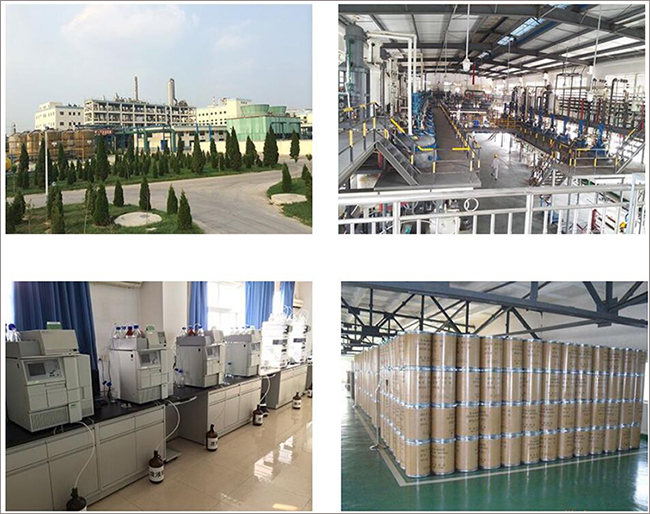
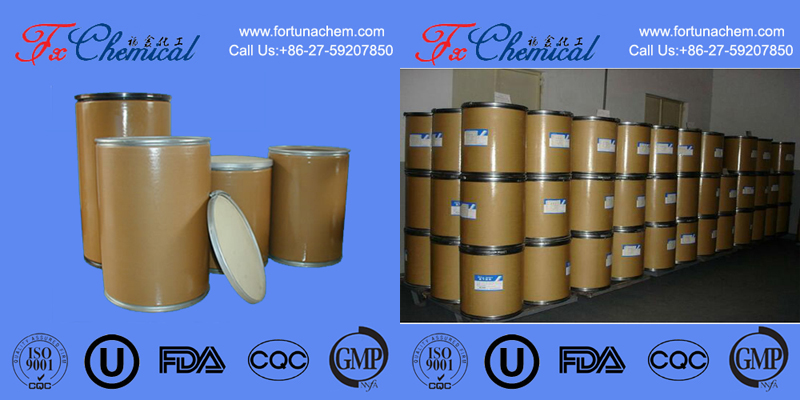

Fortunachem Provides Not Only Professional Chemical Products But Also Professional Help
Keeping you up-to-date with all the latest information, news, and events about Fortunachem!

Quick Links
Add:
E-mail:
 English
English  Español
Español  français
français  العربية
العربية 